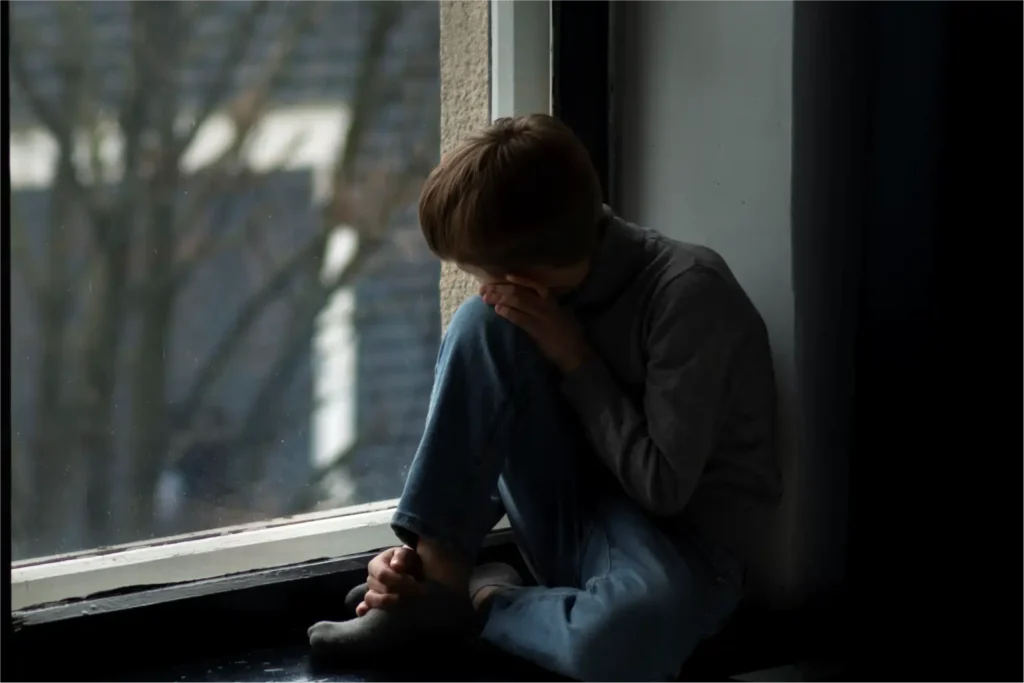
Corporal punishment in children: The World Health Organization (WHO) has declared corporal punishment a global public health concern, warning that it causes serious harm to children’s physical and mental well-being and offers no benefit to behaviour or development.
A new report found that in 49 low- and middle-income countries, children subjected to corporal punishment were 24% less likely to be developmentally on track compared with those who were not exposed. Globally, an estimated 1.2 billion children face corporal punishment every year. In the past month alone, 17% of those affected suffered severe forms, such as being hit on the head, face or ears, or struck hard and repeatedly.
Also Read | Our Expert Article on On What Is Mental Health & Why It Matters
“There is now overwhelming scientific evidence that corporal punishment carries multiple risks to the health of children,” said Dr. Etienne Krug, director of the WHO’s Department for Health Determinants, Promotion, and Prevention. “It offers no benefit to children, parents or societies. It is time to end this harmful practice to ensure children thrive at home and school.”
Research shows that children exposed to corporal punishment are more likely to experience anxiety, depression, low self-esteem, and emotional instability, which can persist into adulthood and contribute to alcohol and drug use, violent behaviour, and suicide.
Rates vary widely across countries. In the past month, parent and caregiver self-reported use of corporal punishment ranged from 30% in Kazakhstan and 32% in Ukraine to 63% in Serbia, 64% in Sierra Leone and 77% in Togo. In Africa and Central America, 70% of children reported experiencing corporal punishment at school in their lifetime, compared with around 25% in the western Pacific region. So far, 68 of 193 states worldwide have fully prohibited corporal punishment.








